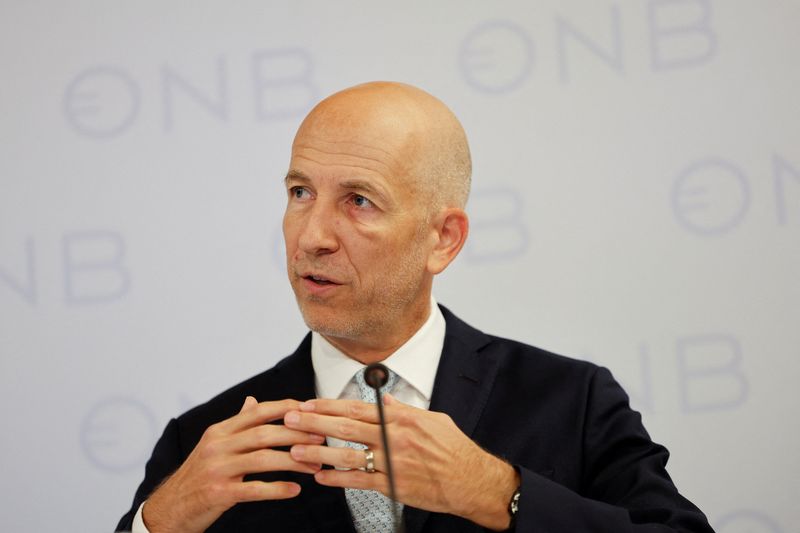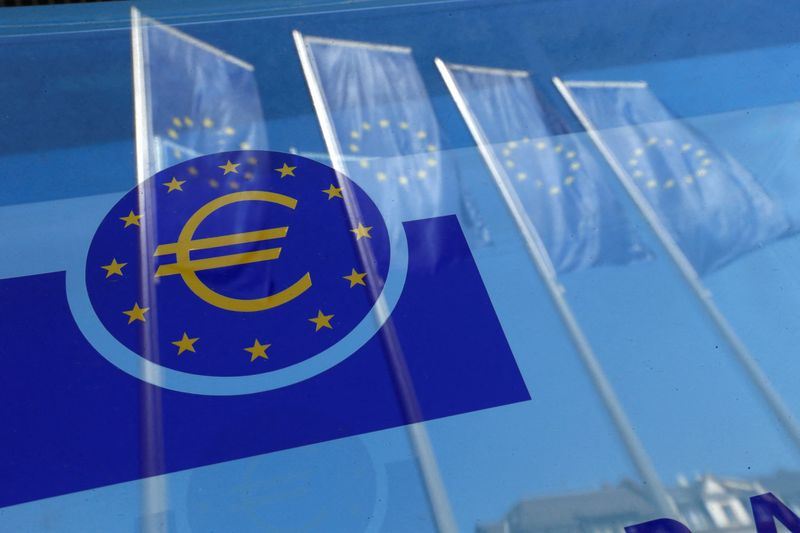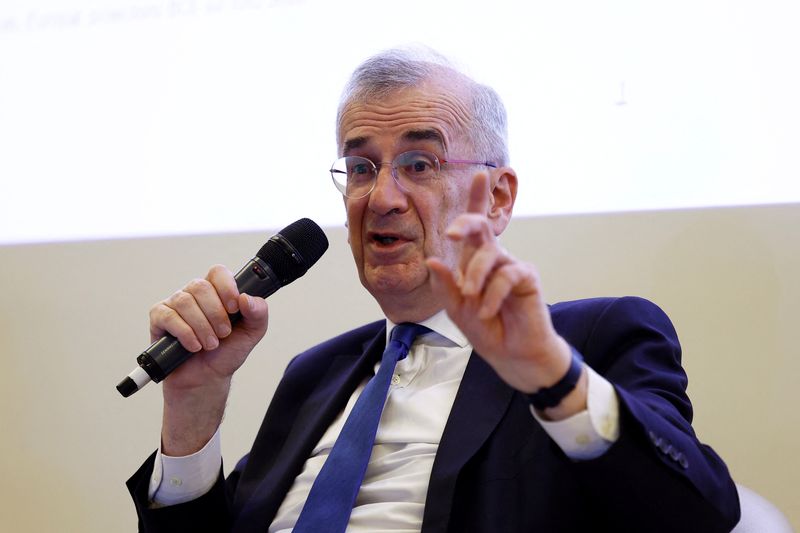ECB must not overengineer policy on small inflation deviations, Kocher says
NeutralFinancial Markets

ECB official Kocher emphasizes the importance of not overreacting to minor inflation fluctuations. He argues that excessive adjustments to monetary policy could lead to unnecessary economic instability. This perspective is crucial as it highlights the need for a balanced approach in managing inflation, ensuring that the economy remains stable while addressing price changes.
— Curated by the World Pulse Now AI Editorial System











